Managing for Results
4. Innovation
Does the state use innovation to improve results?
New Jersey
Leading Example
Following the appointment of a Chief Innovation Officer as a cabinet-level official in 2018, the state has continued to invest in the expansion of the Office of Innovation. The office launched the Innovation Skills Accelerator, a free, online program to train state staff to use innovative methods – including design thinking, evidence-based decision-making, and collective intelligence – to solve public problems. Related to workforce issues, in May 2021, the Office of Innovation, the RSA, and The Workers Lab kicked off the Future of Work Accelerator, an open innovation challenge to recruit innovators whose work advances New Jersey’s workers’ health and safety, improves access to benefits, strengthens training opportunities, and bolsters workers’ voices.
Promising Examples

Arizona
Arizona
The Arizona Government Transformation Office’s Lean Foundations workshops provide training to state employees as part of the state’s Arizona Management System (AMS), which is designed to implement innovative solutions to improve service delivery. Arizona cabinet agencies have an Office of Continuous Improvement that is responsible for implementing and sustaining AMS. Some agency examples include the Arizona Commerce Authority, which promotes the development of new industries in Arizona. Also, as part of the Be Connected program, the Department of Veterans’ Services (ADVS) conducted a Transportation Survey that revealed a substantial number of veterans live great distances from resources. As a result, ADVS and Be Connected organized a program to deliver food and essentials to this underserved portion of the population.

California
California
In 2020, California launched the California COVID-19 Assessment Tool to identify potential COVID-19 hotspots, predict which hospitals might reach capacity, and proactively allocate resources to such hotspots. This innovative assessment tool is a “model of models,” which incorporates the statistical projections of several leading research institutions. Notably, the assessment tool allows residents to create their own scenarios for transmission potential in the coming months, depending on specific public health guidelines. Further, California released the source data sets on California’s Open Data Portal, allowing the public to examine the data underlying the assessment tool.
The California Government Operations Agency (GovOps), an umbrella organization for the state’s innovation work, is designed to institutionalize policies, tools, and training that can drive its mission to modernize the processes of government through Lean process improvement, data, leadership, and performance improvement. GovOps brings together statewide initiatives such as the Lean Academy, California Leadership Academy, the Office of Digital Innovation, and California’s Open Data Portal resources. As well, the California Health and Human Services Agency has a Center for Data Insights and Innovation that focuses on improving programs and services through the use of tools such as human-centered design and data analytics.
Issue Areas: COVID-19, Health

Connecticut
Connecticut
A 2019 Connecticut law required that the Office of Policy and Management develop a Two-Generational Interagency Plan to address intergenerational poverty and support families in overcoming barriers to economic success. The plan is designed to improve interagency data sharing and community engagement with cross-agency indicators focused on collaboration, economic self-sufficiency, and racial and socioeconomic equity. The initiative began with proof of concept pilots, designed to use or build evidence.
The 2Gen Benefits Cliffs Work Group, formed in June 2019, has led statewide efforts to address benefits cliffs through data collection and analysis and development of policy solutions. In summer 2020, the 2Gen Benefits Cliffs Work Group in partnership with the Federal Reserve Bank of Atlanta created Connecticut’s Career Ladder Identifier and Financial Forecaster (CT CLIFF) to illustrate the interaction among wages, public benefits, and tax credits in bringing (or failing to bring) families to economic stability, as well as potential taxpayer savings that result from career advancement.
The 2Gen work group beta-tested use of the CT CLIFF tool at four sites in Connecticut, including an early childhood education center, high school, and two job centers. The Federal Reserve Bank of Atlanta was able to simulate state policy proposals along family type, public benefits package, career pathway, and region, therefore demonstrating value for policymakers in leveraging the tool to understand the impact of policy.
Issue Areas: Child Welfare, Economic Mobility, Equity

Massachusetts
Massachusetts
The Strategic Innovation team within the Massachusetts Governor’s Office is tasked with implementing cross-agency collaboration, capacity building, and performance improvement for the Governor’s top priorities, such as the COVID-19 Eviction Diversion Initiative, Student Learning Time requirements, and the Future of Work initiative. Members of the Strategic Innovation team are embedded into various agencies to manage data implementations, create greater efficiencies, produce cultural change, and advance innovation and strategic thinking.
Issue Areas: COVID-19, Economic Mobility, Education, Workforce

Missouri
Missouri
In 2019, Missouri launched The Show Me Challenge, which encourages state employees to pitch innovative ways to better serve the state’s residents and improve the effectiveness of government. The state held three cycles in 2019, one cycle in 2020, and one cycle in 2021. In December 2019, the state announced the winners of the first three cycles of this innovation challenge, and the next cycle will occur in spring 2022. Pitches and plans are publicly available, including the research that supports their innovative ideas.
In 2020, Missouri’s Department of Economic Development created a PPE Marketplace to connect public and private buyers and vendors of personal protective equipment (PPE). The marketplace data has been leveraged by policymakers to calculate the state’s overall PPE burn rate, which has allowed the state to invest over $100 million in a PPE reserve for managing COVID-19 during the winter cold and flu season and protecting the state from supply chain shortages.
Issue Areas: COVID-19, Health

North Carolina
North Carolina
The Office of State Human Resources, Office of Strategic Partnerships, Volcker Alliance, and Behavioral Insights Team, funded by the Sloan Foundation, are collaborating on a project to understand how behavioral science can be used to improve state government recruiting practices and increase workforce diversity. State agencies have created positions dedicated to diversity and equity. The Department of Natural and Cultural Resources named a Deputy Secretary of Diversity, Equity, Accessibility, and Inclusion. The Department of Revenue named an Assistant Secretary for Tax Research and Equity, and the Department of Health and Human Services created a new leadership position, the Chief Health Equity Officer, to lead cross-department equity work and oversee an expanded Office of Health Equity/Office of Rural Health.
Issue Areas: Equity, Health

Ohio
Ohio
In 2019, the Governor signed an executive order creating the InnovateOhio Advisory Board, whose mission is to make the state the most innovative, creative, and entrepreneurial state in the region. This office advises the Office of InnovateOhio on new technologies and innovations to improve customer service across state agencies, departments, boards, and commissions. The InnovateOhio Advisory Board’s key focus areas include: reduce costs, improve services, and spur a culture of innovation through public, private, and academic partnerships.
Issue Areas: Education, Health

Pennsylvania
Pennsylvania
The Pennsylvania Department of Corrections, in partnership with BetaGov, used rapid-cycle evaluations on employee-generated ideas. In one trial, an evaluation of the Swift, Certain, and Fair intervention found it to be feasible and effective in reducing misbehaviors with incarcerated women. The Department of Revenue, using behavioral insights, redesigned its delinquent tax notices. A rigorous evaluation demonstrated that the redesigned notice improved taxpayer response rates and debt collection, two of the department’s priority outcomes.
Issue Areas: Criminal Justice

Rhode Island
Rhode Island
In response to the federal COVID-19 Pandemic Unemployment Assistance program, Rhode Island’s Department of Labor and Training partnered with the nonprofit Research Improving People’s Lives and Amazon Web Services to develop a cloud-based system to share data and improve management of unemployment claims. This enabled Rhode Island to be among the first states in the nation to provide Pandemic Unemployment Assistance benefits in the face of record-high employment claims during the COVID-19 crisis. The State’s experiences were documented in the Journal of Digital Government: Research and Practice: Rhode Island’s timely delivery of Pandemic Unemployment Assistance benefits was an estimated cost savings of $502,000 (representing a 411% return on investment).
Back to Work RI is an initiative of the Rhode Island Department of Labor and Training (DLT), designed to train, support, and hire thousands of Rhode Island workers who have been displaced by COVID-19. The state partners directly with employers to ensure participants gain skills they need to secure well-paying jobs in growing industries. The program removes obstacles to participation by providing support services such as childcare and transportation assistance, so that every participant is able to take advantage of these opportunities. While using proven practices, the state is also producing high-impact innovations, such as applying artificial intelligence to connect Rhode Island jobseekers with pathways to careers. To date, more than 7,000 Rhode Islanders have benefitted from the program, and the impact is measured on DLT’s “Back to Work Stat.”
Issue Areas: COVID-19, Economic Mobility, Workforce

Tennessee
Tennessee
The Tennessee Office of Customer Focused Government (CFG), in addition to overseeing the state’s performance management processes, leads innovation statewide. The mission of the office is to “drive innovation and operational efficiency to benefit [residents].” CFG staff consult with agencies to run a variety of projects across the enterprise that foster innovation and continuous improvement, specifically finding opportunities to improve outcomes pertaining to their operations and how they serve their customers.
Issue Areas: Child Welfare, Economic Mobility, Education, Health, Workforce

Utah
Utah
In 2021, the Utah Governor hired the state’s first Chief Innovation Officer (CINO) to implement responsive solutions which keep government responsible and modernized aligned with the Governor’s One Utah Roadmap. For example, the CINO is leading the creation of the single sign-on access to digital government for Utah constituents and businesses per a 2020 Utah law, and transform Utah’s health care system via the new Utah Sustainable Health Collaborative, launched by the Governor in 2021, that will convene partners, community-based organizations, and providers to save costs, pilot innovations, and improve quality of care statewide.
Issue Areas: Health

Washington
Washington
As part of Washington’s Lean and continuous improvement initiative, Results Washington hosts an annual statewide Washington State Government Lean Transformation Conference, which convenes and provides free training to thousands of attendees from state and local governments and other entities. The 2020 and 2021 conferences were held virtually, allowing Results Washington to reach more attendees than ever. The 2021 conference focused on providing concrete tools and methods that participants could readily apply, learning that works in hybrid and remote environments and resources that support Washington’s commitment to furthering equity, diversity, and inclusion.
The COVID-19 pandemic prompted innovations at the Washington State Department of Health (DOH) that increased safety for residents and worked to reduce inequities, including:
- WA Notify, a new tool working through smartphones to alert users if they may have been exposed to COVID-19. Over 1.9 million Washington residents have registered on the app.
- Sara Alerts, a new tool that automates public health notifications and reporting for people who have been exposed to or diagnosed with COVID-19. This tool, combined with calls from investigators, has allowed DOH to reach out to over 500 cases a week.
- Vaccine Locator, a new tool that allows the public to find providers who have current vaccine appointments. Currently, over 1.4 million Washington residents are registered.
- COVID-19 Vaccine Implementation Collaborative, launched in February 2021, helps implement effective and equitable vaccine access that center the voices of people and communities most impacted by COVID-19.
